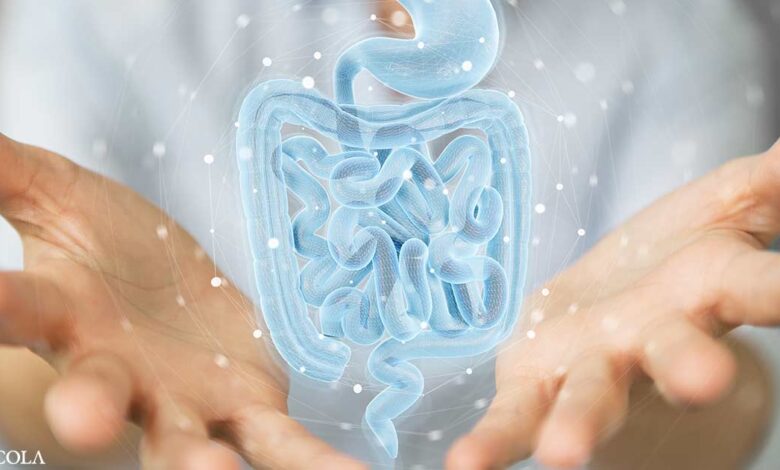Health
-

Subtle Signs You Are Not Getting Enough Sleep
Not getting enough sleep doesn’t just make you tired — it alters your mood, appearance and daily function in ways you might not even connect to lack of rest. Subtle signs like food cravings, low motivation and emotional swings are often your body’s way of telling you your sleep routine is broken. And even when you think you’re getting enough…
Read More » -

Connecting the Past and Present — Can Ancient Wisdom Help You Reclaim Health?
For most of history, humans lived in alignment with their biological design. They ate whole foods, moved naturally throughout the day and followed the rhythms of the sun. But today’s world is completely different. While technology has made life more convenient, it has also introduced new health problems that never existed on this scale. Diabetes, heart disease, obesity and autoimmune…
Read More » -

Iron-Overload Identified as a Key Driver of Stroke-Related Injury
Imagine a traffic jam in your brain’s blood vessels. That’s what an ischemic stroke feels like — a sudden block that stops oxygen and nutrients from reaching your brain cells. It’s the most common type of stroke, striking millions worldwide every year. If it’s not cleared fast, it leaves you with disabilities or even takes your life. You might think…
Read More » -

Weekly Health Quiz: DMSO, Methylene Blue, and Modern Diet Dangers
1 What’s one major way modern diets are undermining your health despite providing enough calories? They lack essential nutrients due to being ultraprocessed Modern diets filled with ultraprocessed foods, excessive sugar, and harmful vegetable oils lead to nutrient deficiencies, starving your cells of what they need despite ample calories. Learn more. They overload your system with too much protein They…
Read More » -

Weekly Health Quiz: Menopause, Diabetes, and Vitamin D Benefits
1 How can you naturally enhance your health by emulating your ancestors’ lifestyle? Eat nutrient-dense whole foods regularly Stay physically active through daily physical activity Live in harmony with nature by spending more time outdoors All of the above Ancestors maintained better health by eating nutrient-dense whole foods, staying physically active, and living in harmony with nature — all key…
Read More » -

Nearly 100 Million Americans Exposed to Contaminated Drinking Water
You turn on the faucet, fill a glass and take a sip — simple, right? But what if that water hides something risky? Recent studies show your tap water carries unseen dangers that could affect your health. From chemicals linked to cancer to substances that harm children’s growth, these findings hit close to home. Find out what’s really lurking in…
Read More » -

Butyrate Benefits, Vitamin D, and Cellular Health
Mercola proudly supports these charities and organizations. View All Charities & Organizations More About Mercola.com Disclaimer: The entire contents of this website are based upon the opinions of Dr. Mercola, unless otherwise noted. Individual articles are based upon the opinions of the respective author, who retains copyright as marked. The information on this website is not intended to replace a…
Read More » -

How Sleeping Pills Harm Your Brain and Raise Dementia Risk
Mercola proudly supports these charities and organizations. View All Charities & Organizations More About Mercola.com Disclaimer: The entire contents of this website are based upon the opinions of Dr. Mercola, unless otherwise noted. Individual articles are based upon the opinions of the respective author, who retains copyright as marked. The information on this website is not intended to replace a…
Read More » -

Weekly Health Quiz: Butyrate Production, Bird Flu and Hernia Treatments
1 How can you best support your body’s production of butyrate for a healthier gut? Switch to a high-fiber and high-fat diet to improve general gut comfort Focus on eating more whole foods rich in fiber like vegetables and fruits Eating whole foods like vegetables, legumes and whole grains provides the fiber your gut bacteria need to produce butyrate, which…
Read More » -

Butyrate — Fueling a Normal Gut Environment and Supporting Energy Production
You might have heard that fiber is good for your gut, and there is a straightforward reason for that advice: certain substances called short-chain fatty acids, or SCFAs. One SCFA in particular, butyrate, often appears in discussions about normal colon function and everyday energy metabolism in the cells that line your colon. This article provides an overview of butyrate’s role…
Read More »
